The Floating University: Experience, empire, and the politics of knowledge
University of Chicago Press, US$65.95 hb, 323 pp
Navigating knowledge
Novelists and historians alike must choose how to tell their story. They may prefer a traditional authoritative voice, recounting the story in chronological order. Events surprise or shock as they unfold on the page, arriving at an apparently inevitable conclusion. This familiar organising principle holds our attention, but comes with constraints. Material must make sense within the timeline, or the narrative stalls. Think of Tolstoy’s long digression on farming in Anna Karenina or Hugo on constructing the sewers of Paris in Les Misérables, as we wait impatiently for Jean Valjean to flee the barricades.
Continue reading for only $10 per month. Subscribe and gain full access to Australian Book Review. Already a subscriber? Sign in. If you need assistance, feel free to contact us.



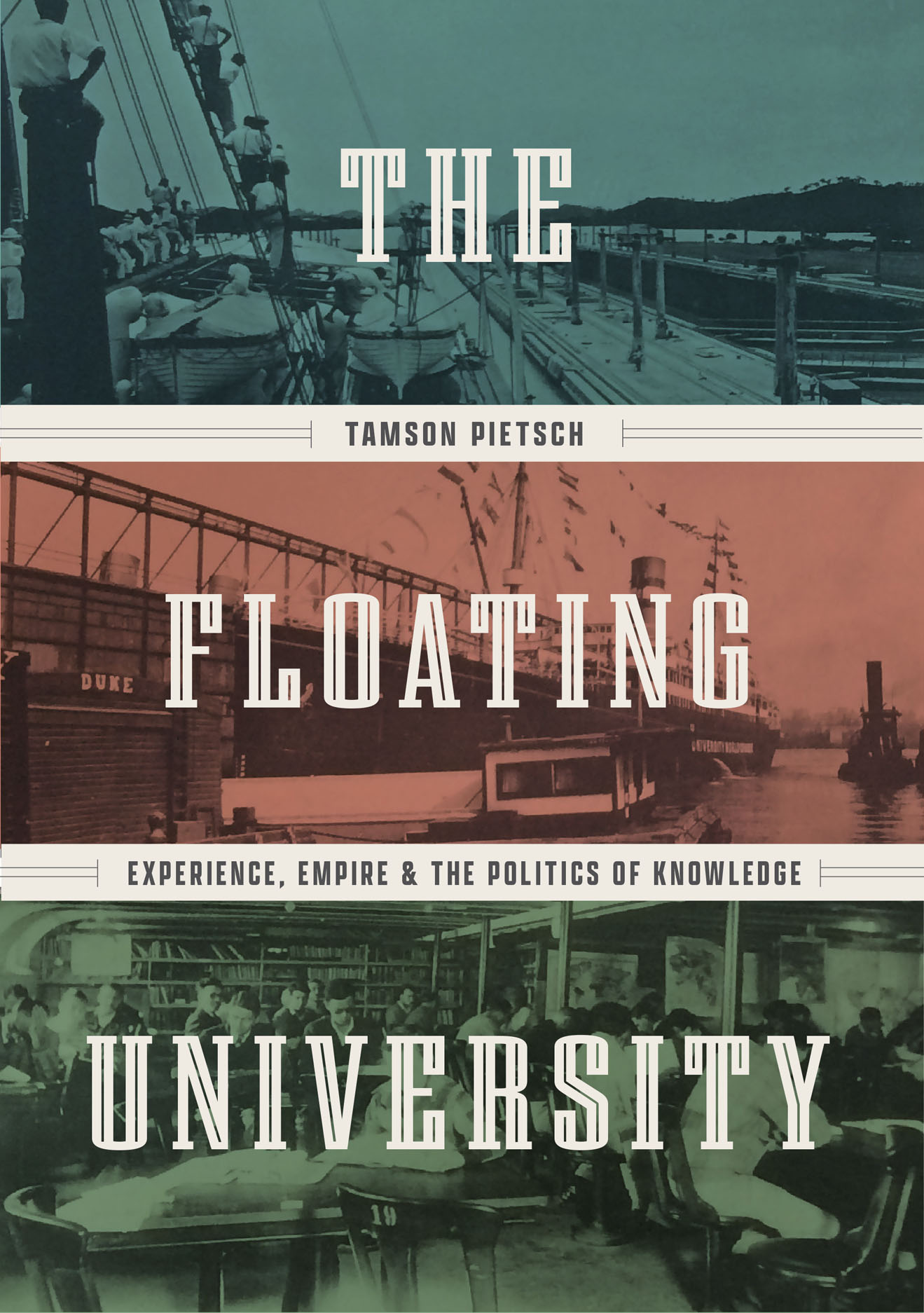




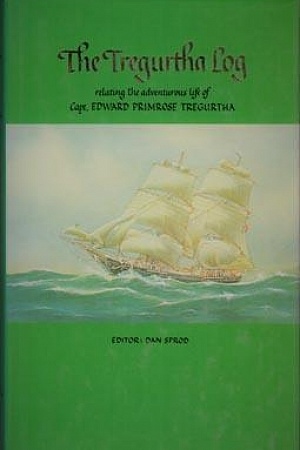
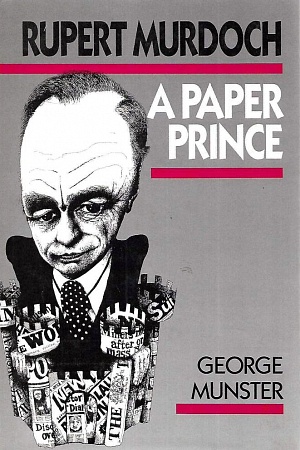
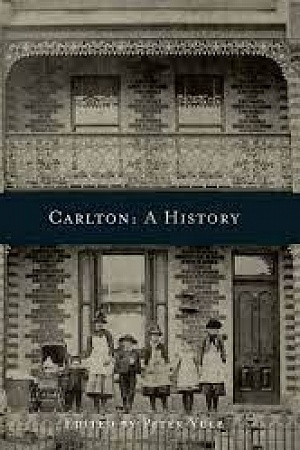
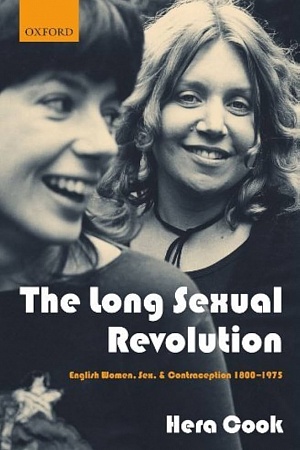




Leave a comment
If you are an ABR subscriber, you will need to sign in to post a comment.
If you have forgotten your sign in details, or if you receive an error message when trying to submit your comment, please email your comment (and the name of the article to which it relates) to ABR Comments. We will review your comment and, subject to approval, we will post it under your name.
Please note that all comments must be approved by ABR and comply with our Terms & Conditions.